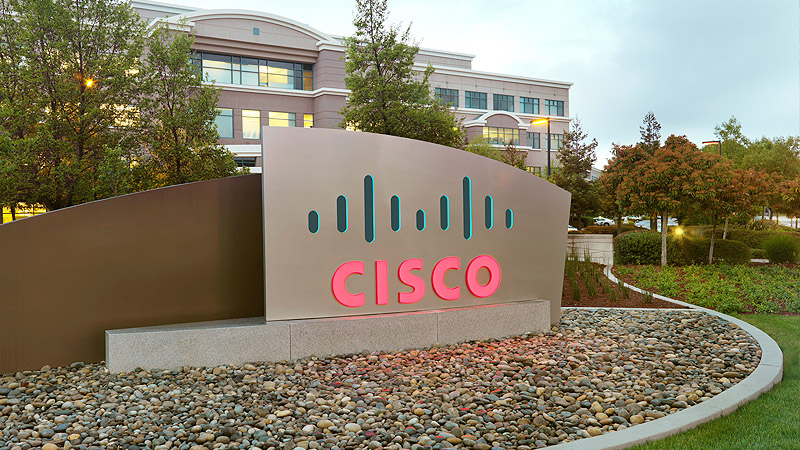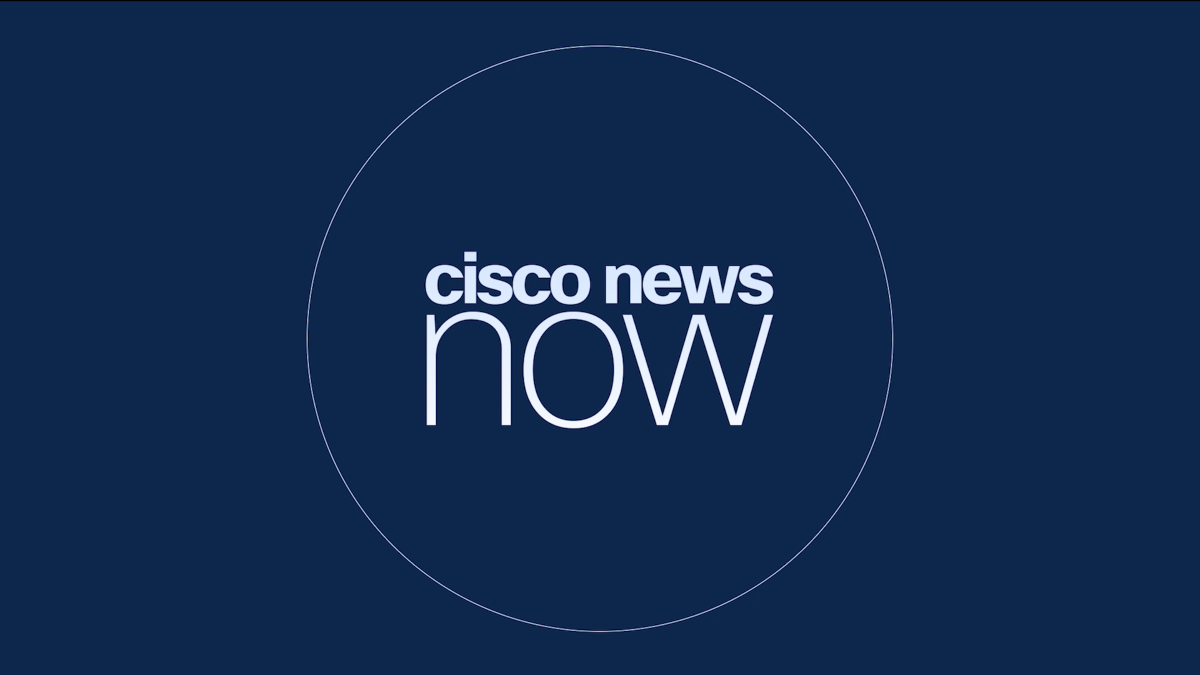São Paulo, Brazil, October 29, 2013 - Cisco Brazil announced today the latest edition of the Cisco® Broadband Barometer 2.0, which reveals that the number of fixed and mobile broadband connections should rise beyond 43.7 million in 2017, excluding M2M, smartphone and cell phone browsing connections. This 54.2 percent growth between 2013 and 2017 will likely be driven by mobile data access as a result of consumers’ expectations to watch major sporting events in their mobile devices.
In addition to the outlook for the next four years, the IDC survey in Latin America includes a detailed analysis of the Internet between January and June 2013, when Brazil reached 27.1 million connections, with the number of fixed line connections rising 4.5 percent and mobile connections increasing 8.7 percent, with 36.5 mobile for each 100 fixed line connections. By the end of 2013, Brazil is expected to have over 28.3 million connections.
The current edition of the Cisco Broadband Barometer shows that the improving cost-efficiency of fixed line broadband has helped increase Internet connection speeds. What is referred to as fixed line Broadband 2.0, with speeds of 2 Mbps or more, grew 7 percent in the first semester, almost six times as fast as Broadband 1.0 (which has speeds ranging from 128 kbps to 2 Mbps). Broadband 2.0 represented 11.75 million broadband connections in June 2013, 43.2 percent of which 10 Mbps or more.
There were 7.26 million mobile connections in June 2013, including PC modem and tablet connections. This edition of the Barometer now includes 4G figures following the technology's launch in April 2013. In just three months, 4G has attracted 174,000 subscribers, close to the average quarterly growth figures for the 3G customer base. 3G subscriptions rose 6.1 percent in the first semester.
"Broadband penetration is an important variable for measuring a country's development. The major sports events arriving in 2014 and 2016 will drive investment in the telecoms industry, leaving behind an important legacy for Brazil", said Rodrigo Dienstmann, CEO of Cisco Brazil.
Other survey highlights:
- Fixed line broadband connections reache 10.1 percent of the population and are present in 33.7 percent of Brazilian homes.
- Broadband 2.0 has over 11.75 million connections, with penetration of 6 connections per 100 inhabitants; 43.2 percent of which have speeds of 10 Mbps or more.
- Cable modem connections already represent more than 31 percent of fixed line connections in Brazil.
- Average speeds have risen 209 kbps in the past six months and 556 kbps in the past year. This was principally based on the introduction of higher speeds at more competitive prices and wider market acceptance.
- Carrier offerings are concentrating on intermediate speeds (2 Mbps) and higher speeds (5 Mbps+) and the average access price during the survey period was 64 BRL. As such, the user experience has improved, and digital media, content and B2C should gain further traction.
- Corporate users have also encouraged the rise of broadband in Brazil, with demand for cloud-based applications as well as other factors, like data centers, big data and mobility.
- Of all 43.7 million (mobile and fixed line) connections in 2017, mobile will account for 36 percent, and Broadband 2.0 will represent 72 percent of fixed line connections.
- The number of devices will rise by 26 million between 2013 and 2017. This is a 30 percent increase compared with the end of 2013. This will drive adoption of broadband (at all speeds), with the number of accesses rising by around 15 million. The rising number of devices per connection will encourage higher speed offerings.
About Cisco Broadband Barometer 2.0
Cisco Broadband Barometer 2.0 is a study looking into the importance of broadband for development in Latin America and discusses the need for suitable infrastructure. The Barometer 2.0 survey includes Brazil, Argentina, Chile and Colombia. Cisco commissioned independent consultant IDC to conduct the survey and all related initiatives to distribute this information. This will provide the public opinion with a reliable and segmented source of information on broadband progress, allowing it to compare results with other Latin American countries.
About Cisco
Cisco (NASDAQ: CSCO) is the worldwide leader in IT that helps companies seize the opportunities of tomorrow by proving that amazing things can happen when you connect the previously unconnected. For ongoing news, please go to http://thenetwork.cisco.com.
# # #
Cisco and the Cisco logo are trademarks or registered trademarks of Cisco and/or its affiliates in the U.S. and other countries. A listing of Cisco's trademarks can be found at www.cisco.com/go/trademarks. Third-party trademarks mentioned are the property of their respective owners. The use of the word partner does not imply a partnership relationship between Cisco and any other company.


